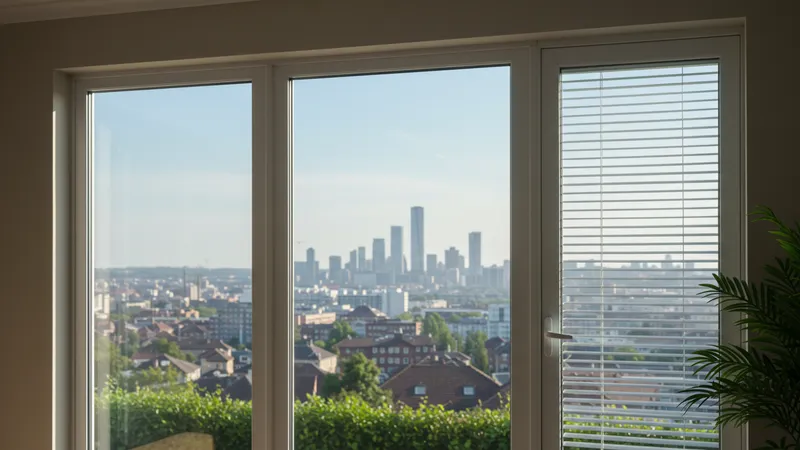
Window Replacement: Types, Benefits, And Process
Key Benefits of Modern Window Replacement
One of the most substantial benefits of modern window replacement is enhanced energy efficiency. Upgraded windows with double or triple glazing minimize heat loss in winter and reduce heat gain in summer. This leads to more consistent indoor temperatures and noticeable reductions in both heating and cooling consumption. For many homeowners, this translates into a measurable decrease in annual energy expenses, making the initial investment increasingly attractive over time.

Another key benefit centers on sound insulation and comfort. New windows effectively dampen external noise, a feature that proves invaluable in city settings or residential zones near busy streets. Specialized panes and robust framing materials work together, reducing disruptions—from traffic, weather, or neighbors—so living areas remain tranquil. Increases in household comfort often become apparent almost immediately after installation.
Security enhancements that come with modern window replacement shouldn’t be underestimated. Multiple locking points, reinforced glass, and tamper-resistant hardware collectively boost property security. Modern systems, especially those like Schüco’s, often meet higher European safety standards, contributing both peace of mind and insurance advantages. The blend of visible and structural security features demonstrates that windows now play a crucial role in protecting a residence.
A further benefit is the potential boost to property value. Prospective buyers typically consider window condition and efficiency when assessing a home. Properties equipped with premium replacements such as Andersen, VELUX, or Schüco can stand out in competitive markets. These benefits, tangible and intangible, reveal why so many opt for complete window upgrades rather than minor repairs.